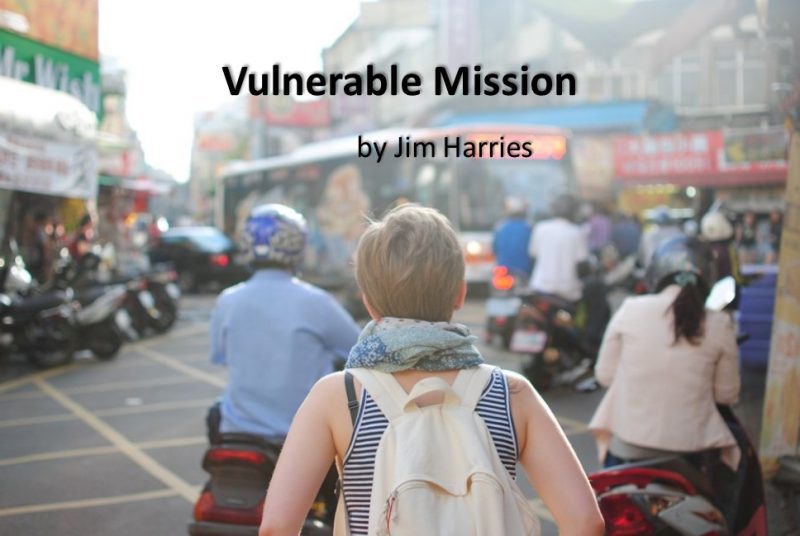Journal of Ministry Resources and Theology for Pentecostal and Charismatic Ministries & Leaders


Originally published in https://pneumareview.com/vulnerable-mission/
How can modern Western sending organizations move away from the legacy of colonialism and avoid creating unhealthy dependencies? To start with, carry out ministry in non-Western contexts using the languages and resources of the host culture. This article from missionary-scholar Jim Harries introduces the radical idea of vulnerable mission. This was initially presented as a paper entitled, “Understandings of Pneuma in East Africa, that point to the Importance of ‘Vulnerable Mission’ Practices from the West.”
Introduction
The AVM (Alliance for Vulnerable Mission) advocates that some Western missionaries to the non-West engage in their ministries using the languages and resources of the people being reached. This style of mission has come to be known as VM; ‘vulnerable mission’. This article attempts to articulate the importance of VM to Western efforts at mission to Africa from a particular angle. First, it points to the importance of local contextual knowledge in order for a missionary to be effective in passing on Biblical (and other Christian) teaching. Second, it points out that in order for such knowledge to be acquired, missionaries need to confine themselves in ministry to local languages and resources.
This article cannot claim to cover all the bases or answer all the questions that may arise regarding vulnerable mission. It sets forth one simple case. Readers are encouraged to look for other articles in order to fill gaps in understanding. A particularly good source of those articles is www.vulnerablemission.com
This article is not written from an Ivory Tower in the West, or even a university in the South. It has been written rather – from within East Africa by an author who is seeking to implement that about which he writes. The article challenges certain presuppositions in linguistics and regarding causality in the realm of philosophy and economics. Those challenges are rooted in observation and practice. Many contemporary Western missions’ approaches are not working well. The author advocates an alternative approach as a key supplement to existing mission strategies.
This looks especially at the need for effective discipleship of Christians in Africa. It considers the effects of indigenous languages on Christian people’s understanding of the Gospel. It points especially to understanding of pneuma hagion (the Holy Spirit) and the prosperity Gospel, considered to be a widespread and serious departure from Biblical truth in church in Africa today, which has been brought about in part as a result of certain Western mission strategies.
This isn’t how mission is supposed to work. Yet, almost every Westerner working in Africa is heavily involved in handing out money and resources.
Because this article is a comparison of translations, the key terms under consideration will be given in the New Testament language of Greek. Pneuma, which is commonly translated into English as spirit, hagion as holy, and theo as God. This article considers the impacts of words that arise from the ways in which they are used rather than from their more ‘static’ meanings, and so distinguishes between the ‘same’ words in different languages even if they are commonly considered be inter-translatable synonyms. The Greek (for example pneuma) is taken as the original and correct understanding of a term, whereas spirit is taken as the current British understanding of this term, and roho as the current East African understanding of the same.
For the rest of this article, go to this link: https://pneumareview.com/vulnerable-mission/
This article is submitted by Jim Harries of Alliance for Vulnerable Mission. Alliance for Vulnerable Mission is a Missio Nexus member. Member organizations can provide content to the Missio Nexus website. See how by clicking here.




Responses